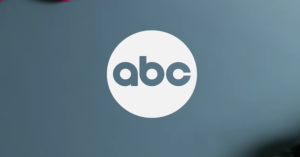As a number of relief provisions enacted under the CARES Act near their expiration dates, new reporting suggests that millions of Americans may not be receiving the full unemployment payments they are owed. The findings were made in a report from the Government Accountability Office (GAO), which reported Monday that the majority of states have underpaid jobless Americans who rely on the Pandemic Unemployment Assistance (PUA) program.
The PUA was established by the CARES Act, which was passed by Congress and signed into law by President Donald Trump in late March as coronavirus-related lockdowns resulted in record-high unemployment rates. The program was meant to provide benefits to the self-employed, gig workers, independent contractors, and certain people affected by the pandemic. Under the PUA, states were allowed to initially approve people for the minimum unemployment benefit and were expected to recalculate the benefit amount based on a person’s actual income and offer retroactive payments of the difference.
Videos by PopCulture.com
According to the GAO, however, the majority of states have not done this and have instead been paying claimants the minimum benefit instead of the amount they are eligible for. Among the 41 states reporting data, the GAO said that 27 of them have been paying within 25% of the benefits minimum, while 10 states have been paying within 10% of the minimum amount, meaning that workers in these states are receiving the minimum benefit. The GAO reported that the average benefits paid in September were between $114 to about $357 per week, compared with an average of $181 to about $466 per week for unemployed workers on regular unemployment insurance benefits.
“States should pay the difference between the amount previously paid and the amount owed for all weeks of unemployment that an individual files during the Pandemic Assistance Period,” the GAO report said. “Based on DUA regulations, states must pay the full PUA benefit amount with the greatest promptness that is administratively feasible.”
The Department of Labor (DOL) said they are unsure how many states have begun recalculating individuals’ benefits and making these payments. The GAO noted that California’s website said as of October 30, the state was recalculating payments based on individuals’ total earnings in 2019 and would back-pay the difference.
The PUA program, along with the Pandemic Emergency Unemployment Compensation (PEUC) program, is set to expire on Dec. 26, along with numerous other aid programs that had been enacted under the CARES Act. Approximately 12 million Americans could be affected, according to an estimate by The Century Foundation.








